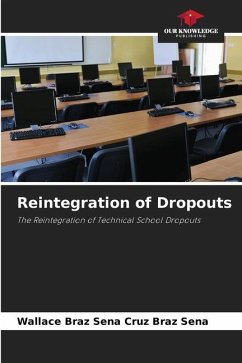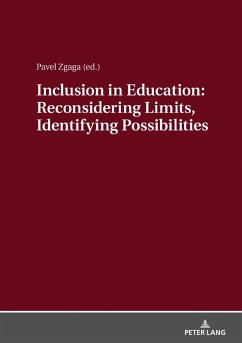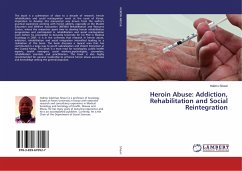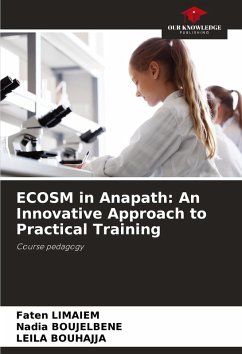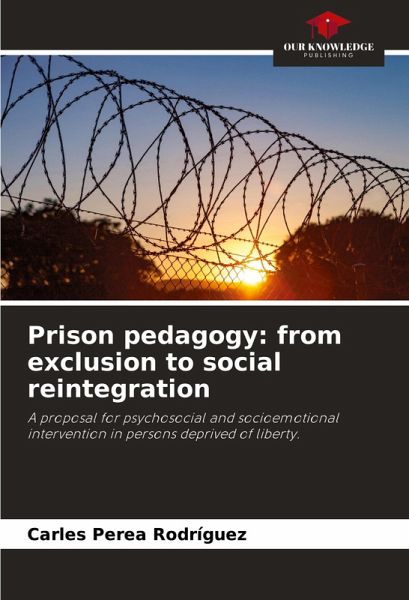
Prison pedagogy: from exclusion to social reintegration
A proposal for psychosocial and socioemotional intervention in persons deprived of liberty.
Versandkostenfrei!
Versandfertig in 6-10 Tagen
29,99 €
inkl. MwSt.

PAYBACK Punkte
15 °P sammeln!
For social insertion to become a reality, it is necessary to enhance socioemotional competencies. The methodology used consisted of an intervention proposal to measure pre- and post-treatment variables and three instruments were used: Goldstein's Social Skills Scale (1978), the Perceived Emotional Intelligence Scale (TMMS-24), as well as Rosemberg's Self-Esteem Scale (EAR). Pretest-posttest ANOVAs evidenced that an increase in positive social behaviors, emotional competencies and self-esteem was significantly (p< 0.01) enhanced. In addition, positive correlations were observed between the vari...
For social insertion to become a reality, it is necessary to enhance socioemotional competencies. The methodology used consisted of an intervention proposal to measure pre- and post-treatment variables and three instruments were used: Goldstein's Social Skills Scale (1978), the Perceived Emotional Intelligence Scale (TMMS-24), as well as Rosemberg's Self-Esteem Scale (EAR). Pretest-posttest ANOVAs evidenced that an increase in positive social behaviors, emotional competencies and self-esteem was significantly (p< 0.01) enhanced. In addition, positive correlations were observed between the variables and it was evident that the prison population analyzed in the study presented few emotional skills in general, both in terms of knowing one's own emotions and being able to regulate them. The conclusions reached were that pedagogical intervention was necessary to develop these competencies and skills for social and socio-labor reintegration.




